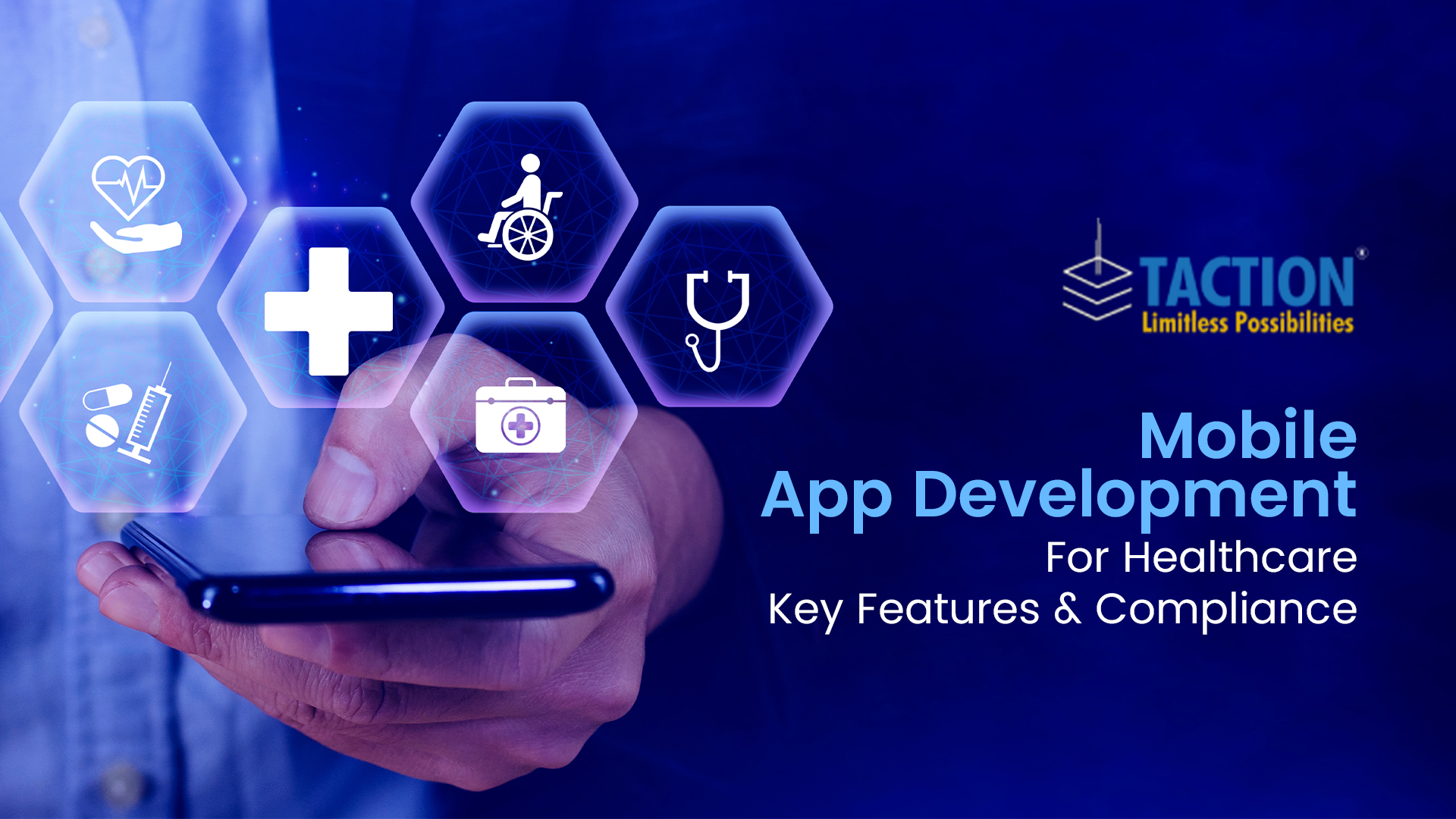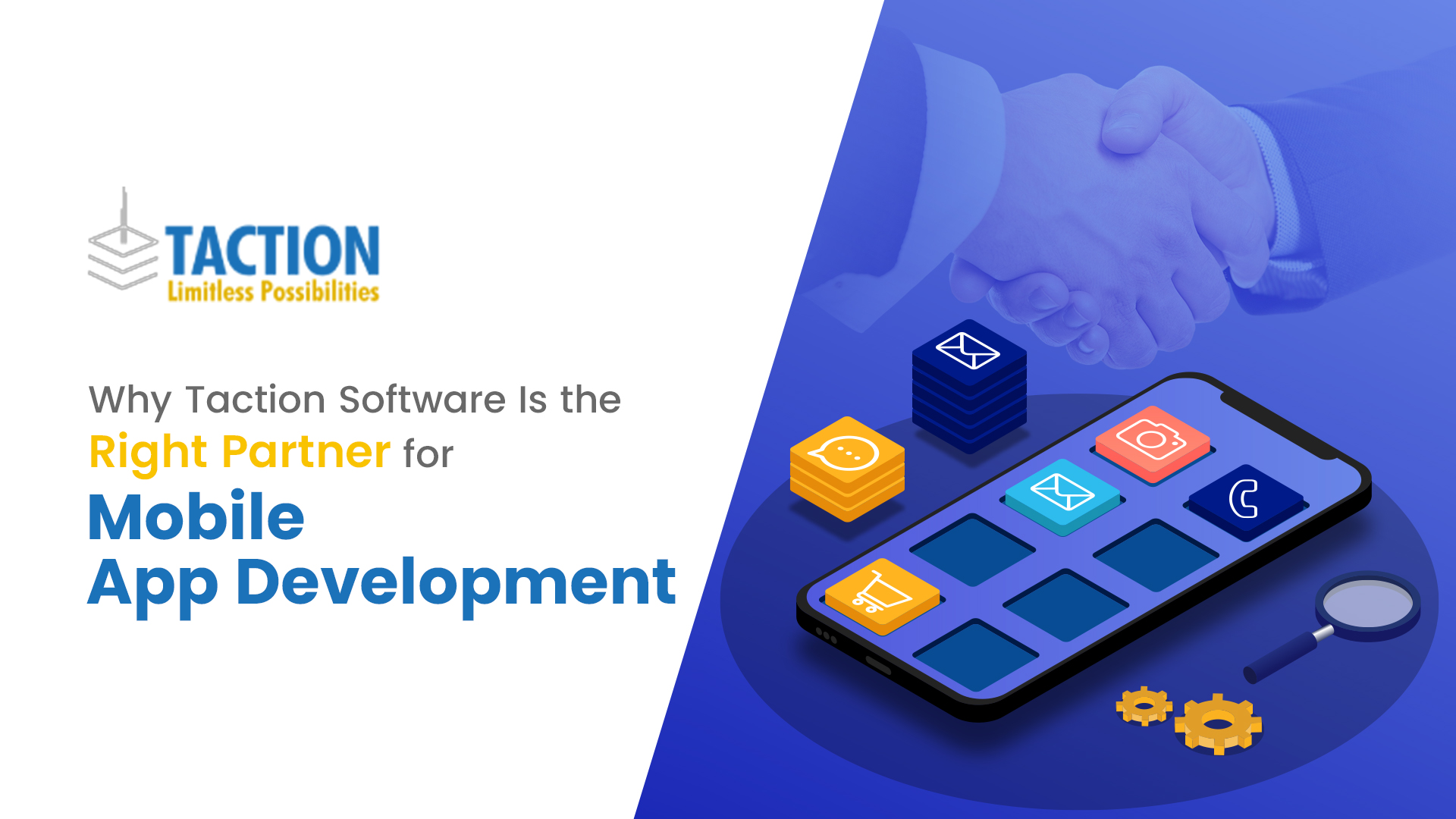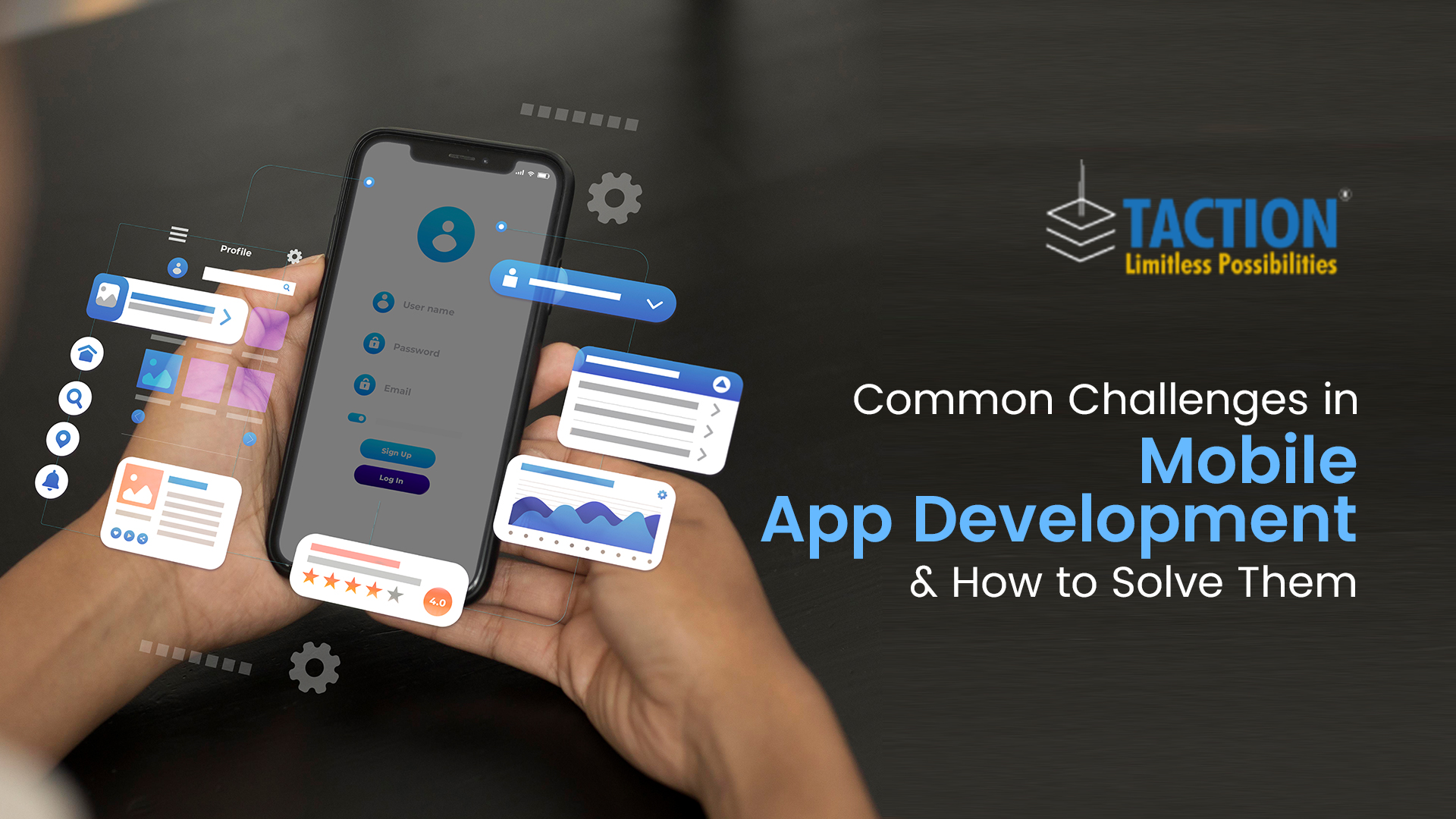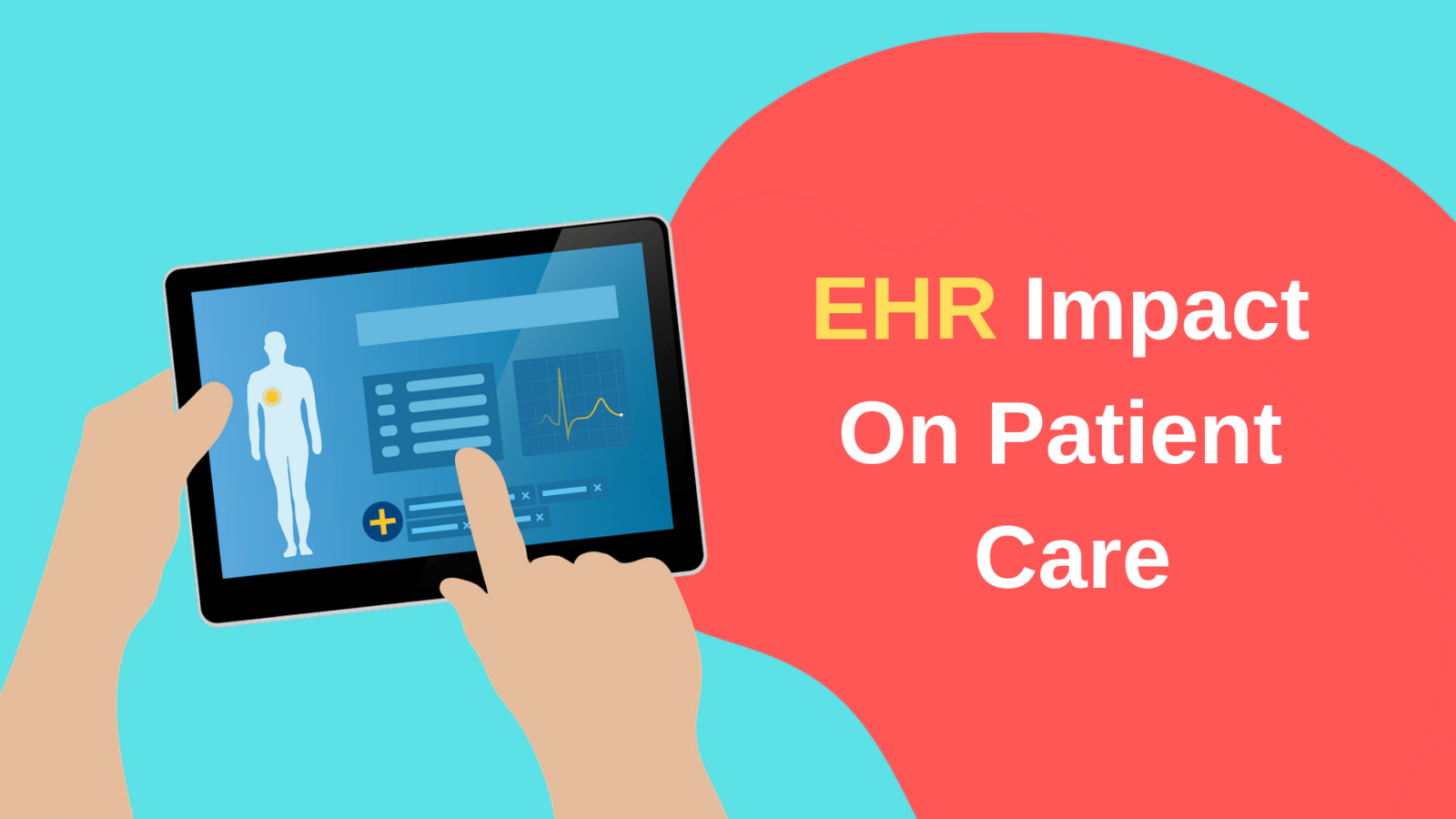
How Does EHR Impact On Patient Care?
How Does EHR Impact On Patient Care?
It would be evident to mention that our world constantly revolves around the digital information. Electronic Health Record (EHR) has emerged as a natural extension to the essential medical industry. An EHR has significantly impacted the way medical care was delivered to the patients. Today, almost 95% of the medical providers say that EHR systems have made collecting, storing and fetching of vital records hassle free. EHR software in the USA healthcare organizations and around the globe is constantly enabling healthcare providers to deliver better patient care. Patient experience can be boosted by exposing them to features such as e-prescribing. Thus, possible gaps in healthcare delivery domain can be fortified.
EHR technology is empowering healthcare providers with information in formats which was not possible with ordinary paper chart approach. Not only it’s possible to access and print charts such as blood pressure, weight, cholesterol levels and body change with a blink of an eye, it has also become possible to share vital records with other healthcare providers in a discreet and secure manner. Plus, one of the best EHR healthcare benefits is patient satisfaction. When you can reduce patient wait time as well as boost communication amidst patients and physicians, thus EHR patient satisfaction can certainly be achieved.
Dicussion on EHR by Stanford Medicine
Let’s move ahead and know more about the benefits of Electronic Health Record (EHR) system in healthcare:
1. Easier Retrieval of Patient Data:

Almost every patient carries an array of healthcare data. If somebody has a complex history of medical attention, then without an EHR system, delivering medical attention what’s needed at the moment might be difficult. When the physician has the pitch-perfect medical history in the form of digital records, life-saving decisions can be taken without any delay. Also, reviewing comprehensive files becomes much easy when a patient’s health aspects are already outlined. Hence, knowing about family histories, list of medications, mental health status, surgical event records, and environmental challenges are all possible with mirth EHR integration into your existing healthcare operations.
2. Patient Compliance and Engagement:

What comes as a fascinating fact is that a majority of EHR systems comes enabled with a portal specifically for the patients. Not only patients can get more engaged with their healthcare, but they can also even access their own data and crucial information. Healthcare professionals can also avoid adverse effects for patients through the help of an EHR system. How? Well, one of the most cumbersome parts of healthcare treatments is drug allergies. Wouldn’t be it better if you had decision-making support tools powered by the EHR system which would help you avoid every type of drug contradictions? Since info can be easily accessed, healthcare providers can take up a patient-specific approach.
3. Streamlined Workflows:
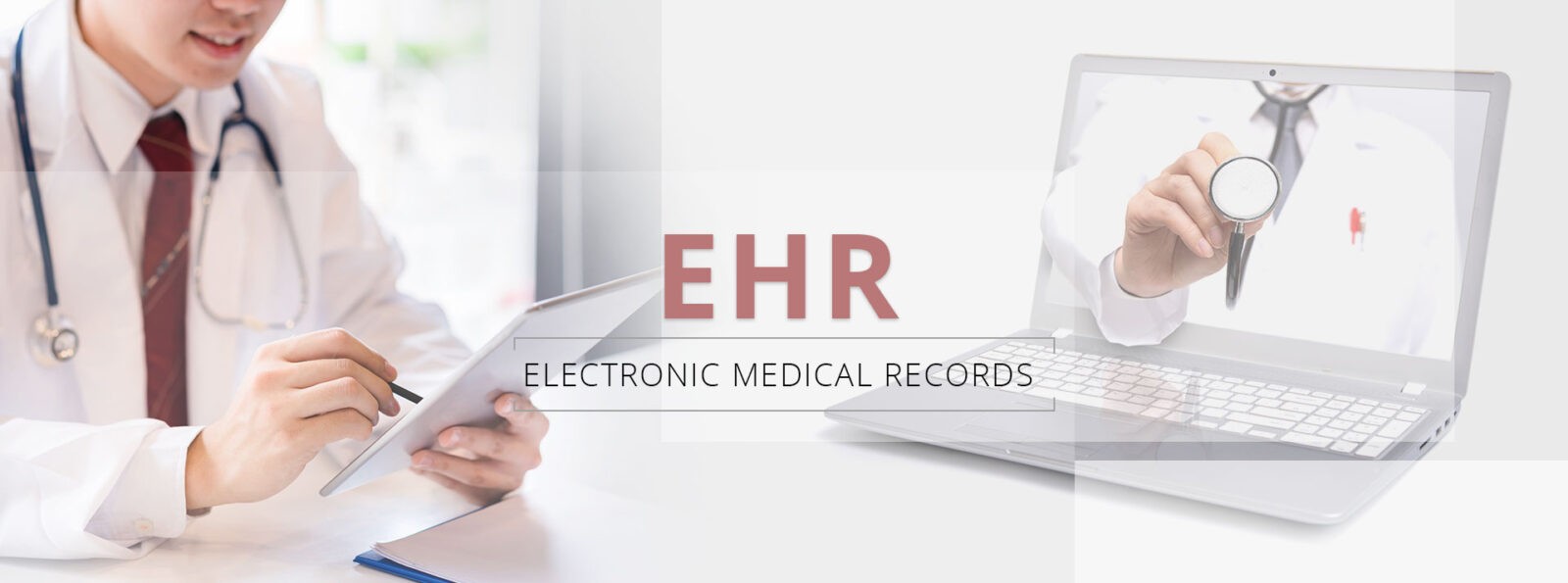
Electronic Health Record outperforms by boosting the efficiency as well as productivity of healthcare operations while cutting down the paperwork. The staff, as well as the patient, will have fewer forms to fill. Hence, there would be less hassle and clinicians can focus more on the requirements of the patients. Also, prescriptions can be sent directly and quickly to the patient while cutting down the appointment times as well as prescription pickups. Hospitals and clinics can easily refer a patient to one another with added transparency. Patients can even take advantage from automatic reminders in the EHR systems, never miss out the annual checkups or the regular screening milestones.
EHR vs EMR what’s the difference?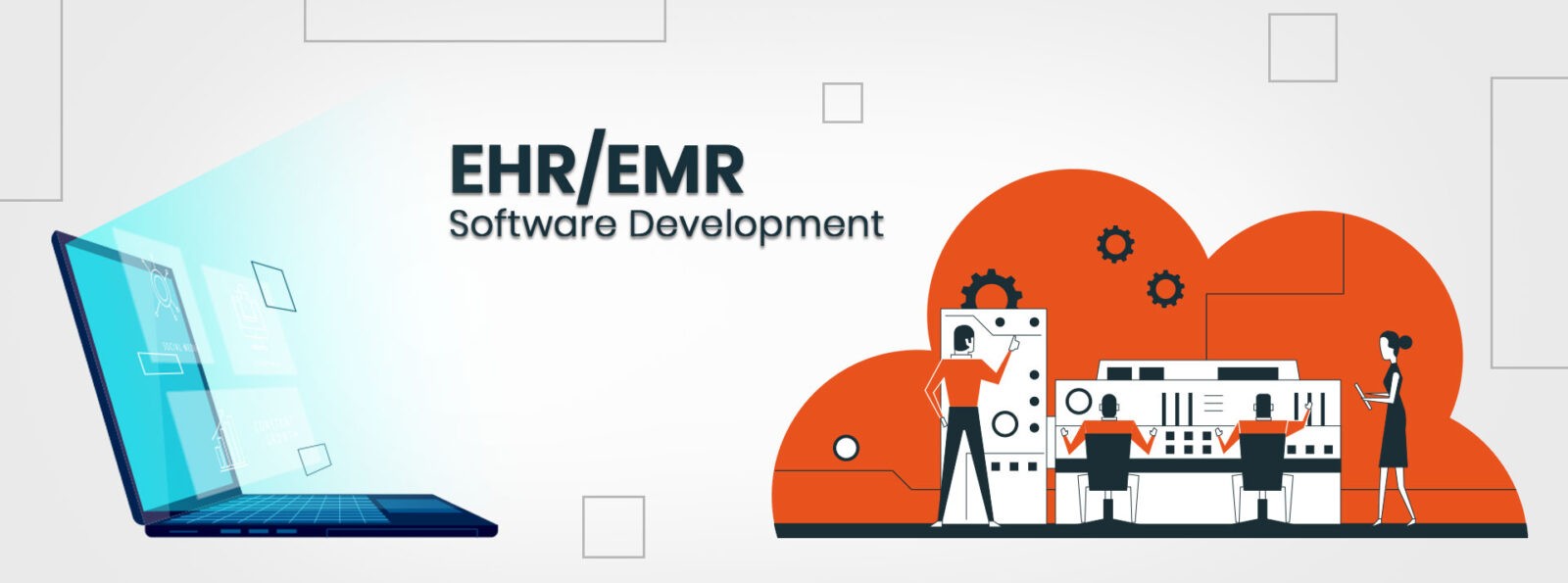
When it comes to EMR VS EHR difference, Electronic Medical Record is simply a digital version of paper charts which can be maintained at a doctor’s clinic. Through EMR records, physicians can keep a track of patient activity related to checkup, appointment or any screening. Through EMR, doctors can easily know about patient vitals such as weight, blood pressure etc. But, the biggest disadvantage that comes with EMR is that you can’t share these records or data with other medical institutions or even different department of the same hospital.
Now, an EHR encompasses everything an EMR does but it’s more advanced and rich in features. Bits and pieces of your medical information will be collected by the Electronic Health Record system from almost every healthcare source such as clinics, hospitals, physicians and even from the patient itself. This information can be stored in a safe manner as compared to the paper records. The information would be sharable and can be helpful in greater patient emergencies. Easy report generation, online prescriptions, voice to text data entry, decision-making tools, and patient portal are some of the prime features of any EHR software.
As far as personalization in the healthcare is concerned, the efforts are being driven by the continuous stacking-up of information. The big data analytics is enabling healthcare providers to address patient healthcare issues in a concise and preventative manner.




